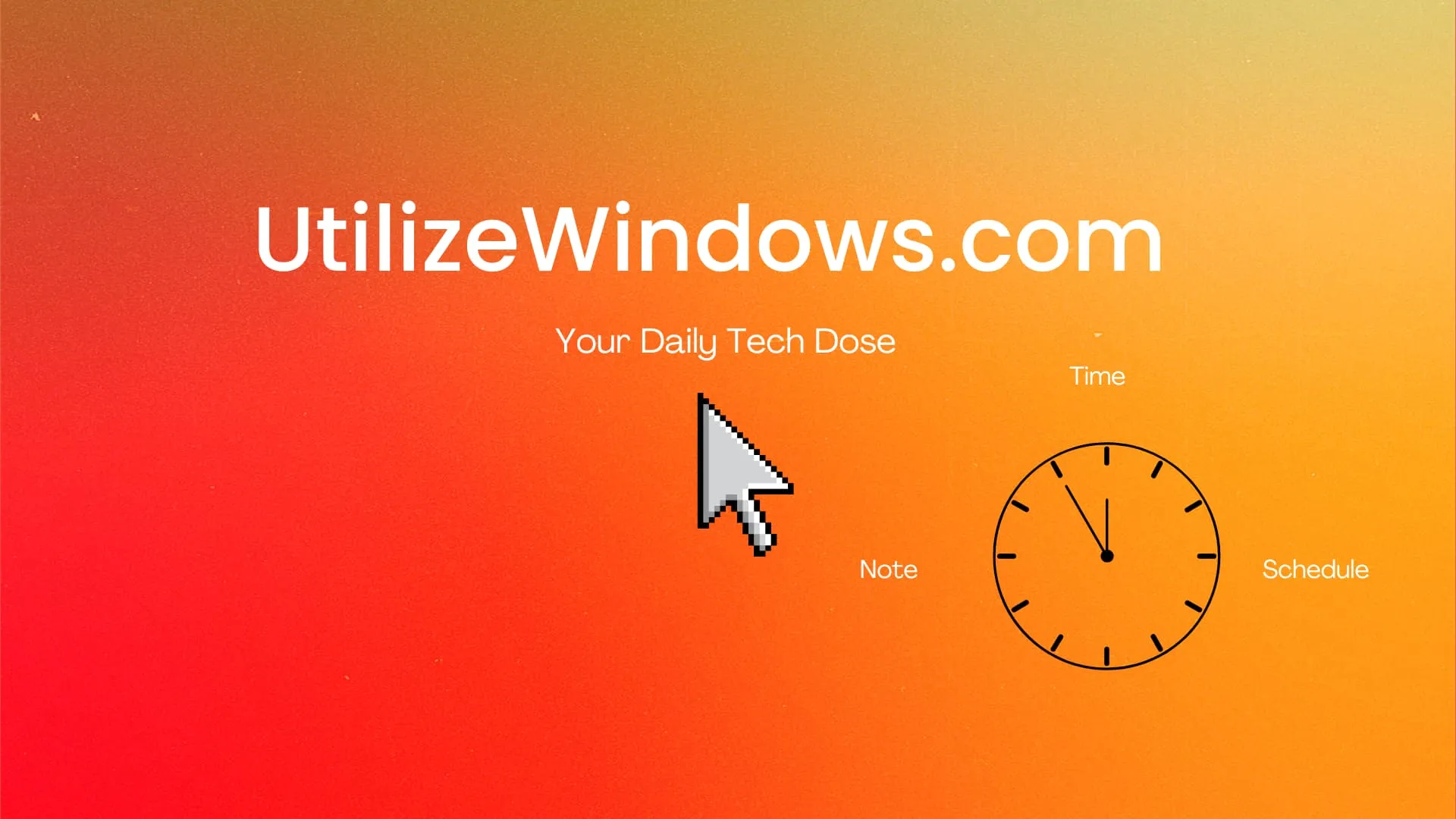Before you start
Objectives: learn where to find Security Center and which settings can be monitored trough it.
Prerequisites: no prerequisites.
Key terms: security, firewall, center, updates, settings, automatic, malware, software
Firewall
To open Security Center we can go to Control Panel > Security > Security Center. Security Center monitors four different kinds of settings. The first thing that we can see is Firewall.

Image 230.1 – Firewall
Firewall is a system or software designed to prevent unauthorized access to or from a private network or computer. In our case we are using built-in Windows Firewall and it is actively protecting our computer by default. We can turn it off or on. Of course, we can also use any other Firewall as well. If we use a third-party Firewall we should use the Security Center to identify which Firewall is running. Also, when we are on a domain, it is possible that we find Firewall turned off. This is typical because Firewall settings are set trough domain.
Automatic Updates
Automatic Updates are also monitored to make sure that we always get the latest updates from Windows Update.

Image 230.2 – Automatic Update
Automatic Update checks for, downloads, and installs critical updates for our computer. The default setting is to check download, and install updates automatically every day at 3:00 a.m. We can customize the frequency and the schedule of automatic updates. The second option is to download updates but not install them. We must manually install any necessary updates in this case. The third option is to check for updates, but not download them or install them. The fourth option is to turn off updates.
Malware Protection
By default Windows Defender is actively protecting our computer against Spyware and other malware.

Image 230.3 – Malware Protection
In our case we can see that we do not have any antivirus software installed on our computer. This can a big security issue so we will fix it. We are going to install Microsoft Security Essentials which is free antivirus software. After the installation, in Security Center we can see that the virus scanning is on.

Image 230.4 – Antivirus Installed
Malware is any program that is harmful to our computer and it includes viruses, worms, Trojan horses, and spyware. While some of those programs only collect Internet browsing information, others locate and expose important personal information, as well as cause harm to computer components such as a hard drive. Security Center monitors programs used to eliminate these dangers, including antivirus and malware agents. Windows Defender helps protect against slow performance and security threats caused by spyware and other unwanted software and is monitored by Security Center.
Other Security Settings
Here we have Internet security settings for Internet Explorer and User Account Control.

Image 230.5 – Other Security Settings
In our case we don’t have any warnings. All security settings are set to to their recommended levels. We can toggle UAC on and off. By turning UAC off, Vista will not prompt for administrative credentials before performing an action which may affect performance (such as security settings or new software installations).
Left Menu
From the menu on the left we can go directly to the Windows Update, Windows Firewall, Windows Defender and Internet Options. Also, we can change the way Security Center alerts us in case of problems.

Image 230.6 – Alerts
Typically it will notify us and display the icon in the notification area. If a computer is member of a domain, many of the security settings are likely managed by a network administrator. If this is the case, status indicators might not be displayed.
Remember
Things that are monitored trough Security Center are Firewall, Automatic Updates, Malware Protection, Internet Security settings and User Account Control.
Paths that are mentioned in this article
- Control Panel > Security > Security Center – path to the Security Center
